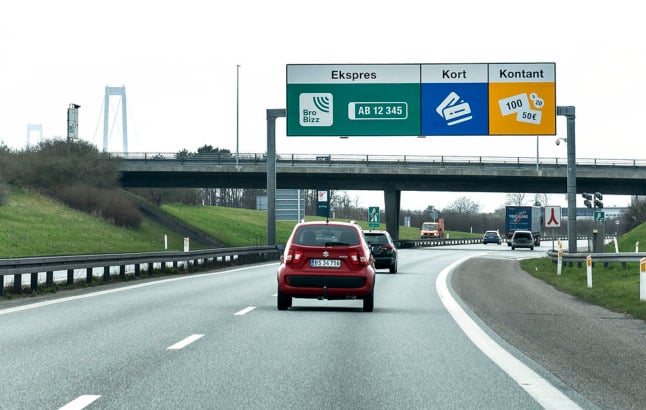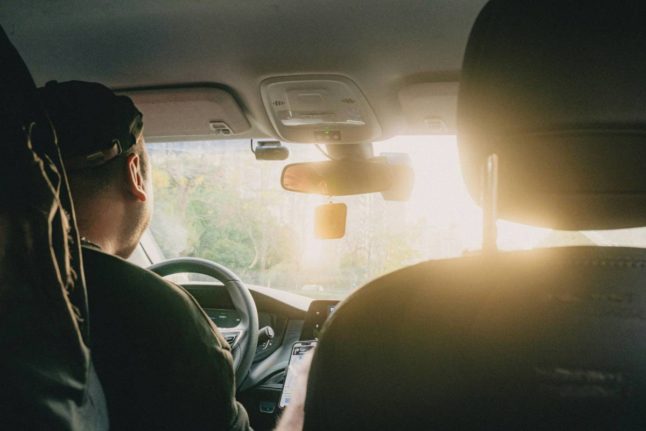A so-called citizens’ bill or borgerforslag must be taken up for discussion by parliament if 50,000 people sign it. Such a bill calling for the end of tolls on the Great Belt Bridge reached the required number in less than a month, local media TVMidtVest reported.
The current toll for a normal car without discounts on the bridge is 250 kroner. This can be reduced to 194 kroner if automatic payment using number plate technology is activated. Lorries pay 610 kroner to cross the bridge, which connects Zealand and Funen.
The petition asks for tolls to be scrapped from July 1st this year.
It was started by Bent Thodsen, the owner of a camping site in North Jutland town Hanstholm who rarely uses the bridge himself, according to TVMidtVest.
Thodsen argued that the cost of building the bridge, which opened in 1998, has long been paid off by toll revenues. He also said any party which backed the bill could be onto a vote-winner.
“I think that half of all Danes who have the right to vote would want it to be free to drive over the Great Belt Bridge,” he said to TVMidtVest.
Revenues from tolls on the bridge reached around three billion kroner in 2021, the media writes.
The bridge’s construction cost was 21.4 billion kroner in 1998 prices.
The debt from building the bridge will not be fully paid off until 2032, however, according to a 2020 report by motorists’ association FDM.
That is because a large chunk of the revenues earned by holding company Storebælt A/S are paid to the Danish state, with a set proportion channelled into paying off the company’s debt. The money paid to the state is largely reinvested on infrastructure in other areas.
The schedule for repayment of the debt has not been changed since the bridge was constructed, FDM wrote in 2020.
Thodsen called for more people to sign the petition even after it reaching the necessary threshold to go to parliament, in order for it to “carry weight” with lawmakers.
“There should be more pressure put on so the tax minister shakes in his trousers. This is just a milestone and a step on the way,” he said.



 Please whitelist us to continue reading.
Please whitelist us to continue reading.
Member comments